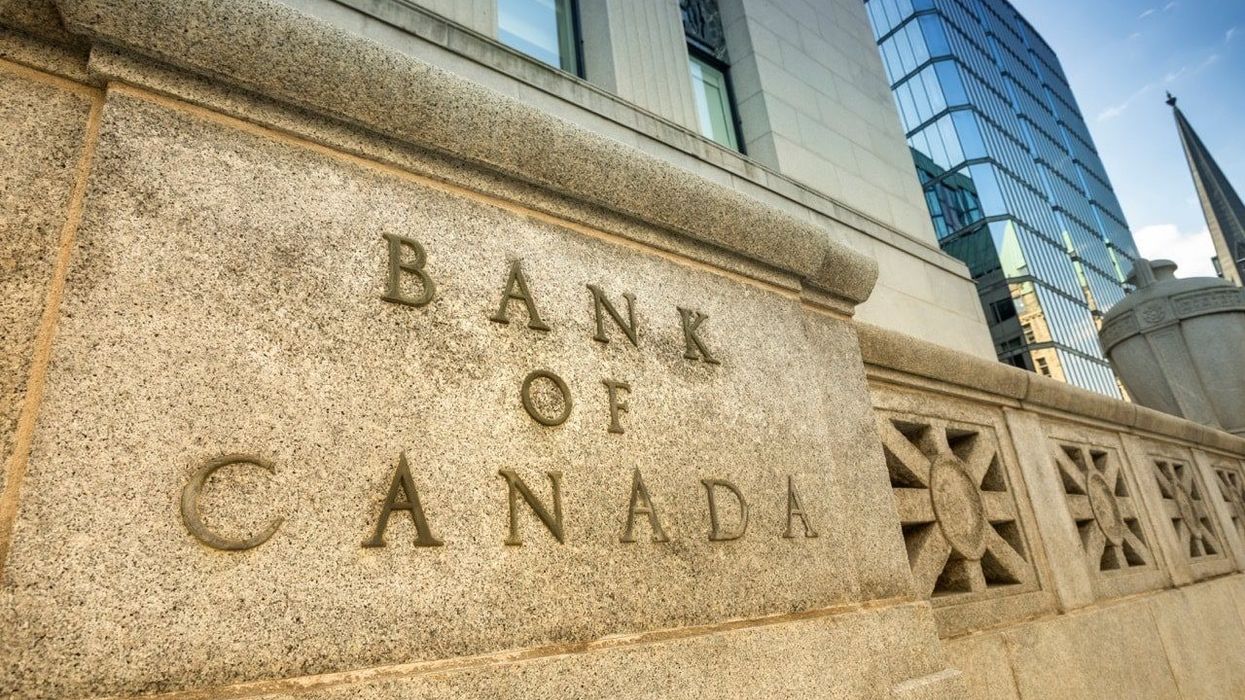Despite inflation easing in December, major financial institutions still expect the Bank of Canada (BoC) to raise interest rates on January 25.
In its latest Consumer Price Index, Statistics Canada revealed that the annual rate of inflation slowed to 6.3% in December. The deceleration was largely due to falling gas prices, which were up just 3% year over year in December after reaching a high of nearly 55% in June. The price of groceries eased slightly in December, but were still up 11% annually.
Although annual inflation has declined from the 8.1% peak seen in June, and is down from November's 6.8%, it remains well above the 2% target set out by the BoC. Annual core inflation, which excludes the price of food and gas, eased to 5.3% in December, a month-over-month decline of just 0.1%.
In a recent publication, BMO Managing Director of Canadian Rates and Macro Strategist Benjamin Reitzes noted that although headline inflation was "soft," the slow pace of improvement to core inflation would provide "little comfort" to policymakers.
"Underlying price pressures remain sticky for now. While the direction of inflation is at least mildly encouraging, there's nothing in this report to keep the Bank of Canada from hiking rates another 25 bps at next week's policy meeting," Reitzes said.
Marc Desormeaux, Principal Economist at Desjardins, said the financial institution shares the same view, adding that December's strong jobs report provides an additional case for more tightening.
A report from CIBC Capital Markets came to the same conclusion, noting that although easing inflation is "good news," it's likely "not enough" to deter the BoC given Canada's tight labour market.
The BoC has raised interest rates seven times since March 2022, with an eight rate hike expected on January 25. The anticipated 25-bps increase would bring the overnight lending rate to 4.5%.
After the January hike, Desormeaux writes, "we think the central bank will pause its hiking cycle to survey the effects of last year’s rapid increase in borrowing costs. We still believe that Canada will experience a mild recession this year, which should help to bring prices down."





















